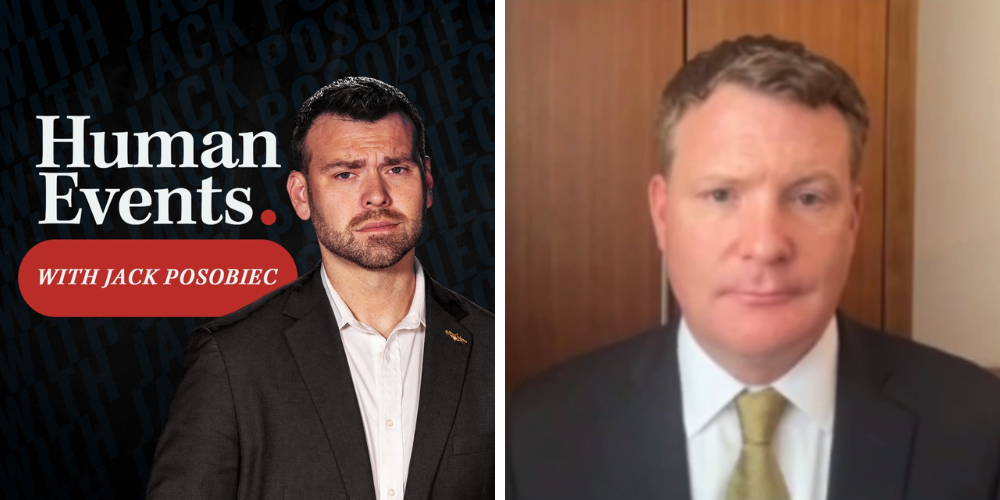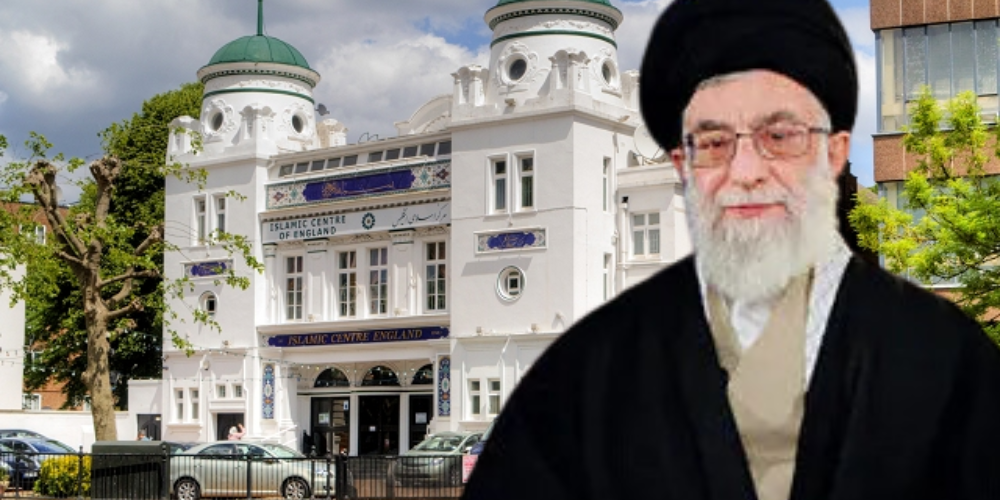Relations between Bolivia and the United States are at a breaking point. Bolivia, a South American republic with roughly 9 million people is led by socialist President Evo Morales. President Morales, an indigenous Bolivian, is viewed with suspicion in the United States and is still relatively unknown internationally four months into his presidential term. And scarily, Bolivia’s success rests exclusively on his shoulders. President Morales’ leadership over the coming months will determine weather his country prospers or falls deeper into poverty. His choice is critical - either take the necessary steps to create a productive relationship with the US or dismiss the all important backing of his North American allies.
Thus far, President Morales has seemed to embrace the anti-American attitude shared by Venezuelan President Hugo Chavez and so many other Latin American leaders. He often described himself during the 2005 Bolivian presidential campaign as America’s “worst nightmare.” He has sparred with American leaders over trade, drugs, and visas. What’s worse, he seems to generally enjoy inciting conflict and ignoring international relations. This negative style of leadership is bad for President Morales politically and bad for Bolivia’s future. Until he abandons the childish anti-American act and reaches out for international support, his country will continue its downward spiral.
If the right steps are taken, President Morales could play a central role in brokering a new era in U.S.-Bolivia and U.S.-Latin America relations. He could be seen not only as an effective President of Bolivia, but as a leader of Latin America. He could use his position of influence to increase the prosperity of his people and bring back the prestige of his country.
There are a number of steps that President Morales could take to improve his public image and increase his power. He could, for example, secure the backing of Luis Moreno, President of the Inter-American Development Bank, for an innovative project to lift people from poverty in Bolivia. He might, perhaps, attain backing for a poverty reduction program that pays members of the indigenous population if their children attend school. (Similar programs have been very successful in Brazil.) But without a doubt, the most important step President Morales must make is to reach out to American leaders for support, contributions, and counsel.
By reaching out to the U.S., President Morales could end up securing financing for a new type of plan for Bolivia that would include sensible investments in poverty reduction programs. There are millions of dollars available from the U.S. for innovative work in Bolivia. This money is available not only from the government, but from thousands of private philanthropic foundations, universities, and businesses. These monies could well flow to Bolivia in the form of student scholarships, financial investments, cooperative development programs, and trade pacts. The financial windfall that comes from improved U.S.-Bolivian relations is obviously vital, but the positive public image that would result from a new relationship may be even more important for the success of President Morales and his people.
Taking the aforementioned steps to improve U.S.-Bolivian relations will earn President Morales a public reputation more valuable than any dollar. A newfound image will enable him to be seen as a passionate leader of the poor and indigenous. (Bolivia is one of the poorest countries on the continent and the majority of Bolivians are low-income subsistence farmers, miners, small traders or artisans.) He will be seen as a leader who thinks of his people before his persona. A positive public image will give President Morales the power he needs to make substantive changes in Bolivia’s economic, health, and education systems. The U.S. will take note of his change, and the increased media coverage, congressional backing, and public support will enable him to do great things for Bolivia, the region, and the world.
President Morales needs a new direction. If he continues to isolate himself from the international community and spew out anti-American rhetoric, he will find himself with very few tools to truly help the people of Bolivia. America is a land of opportunity for the President of Bolivia, but he must take the right steps in order secure the necessary support that will benefit him and his people. The question remains: Will President Morales be his own worst nightmare or a proud people’s new voice?




